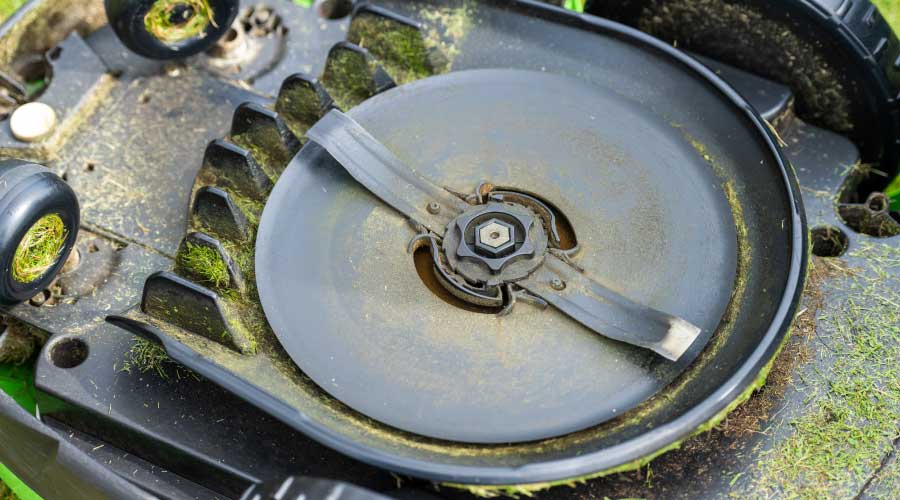The Mower-Sustainability Connection
Environmental friendliness is nothing new to the process of mowing turf areas surrounding institutional and commercial facilities. For years, grounds managers have had to consider the impact of mowers on their landscapes.
But green considerations have become a higher priority in recent years as building occupants and the general public have taken more notice of the environmental impact of mowers, from the equipment's mulching capabilities to the noise and emissions they generate. As a result, many managers are working more closely with mower manufacturers in an effort to specify equipment that meets their organizations' green guidelines.
An Evolving Discussion
Though grounds managers in the market for mowers are asking more questions about the green nature of the products, many of them have had the issue in mind for a long time in one very important way.
"Sustainability ranks high for in-house managers because they typically require a long service life and fuel economy and low operating expenses for their equipment," says Ray Garvey with The Grasshopper. Co. "Those are all cornerstones of sustainability. For example, long service life is a component of sustainability because frequent disposal and replacement of equipment creates waste issues. Fuel economy is essential for sustainability because of its ties to conserving resources and lowering emissions. Low operating costs are also a form of conservation of labor and financial resources."
Garvey points out that in general, managers are fairly far along on the learning curve for sustainability.
"More than anything else, there's a greater awareness now that what's best for their operations should go hand in hand with what's best for the environment — namely, lower fuel consumption and lower emissions and longer service life," he says. "More than anything, they're attaching the sustainability concept to all these other factors that have always been very important to them."
Related Topics:













